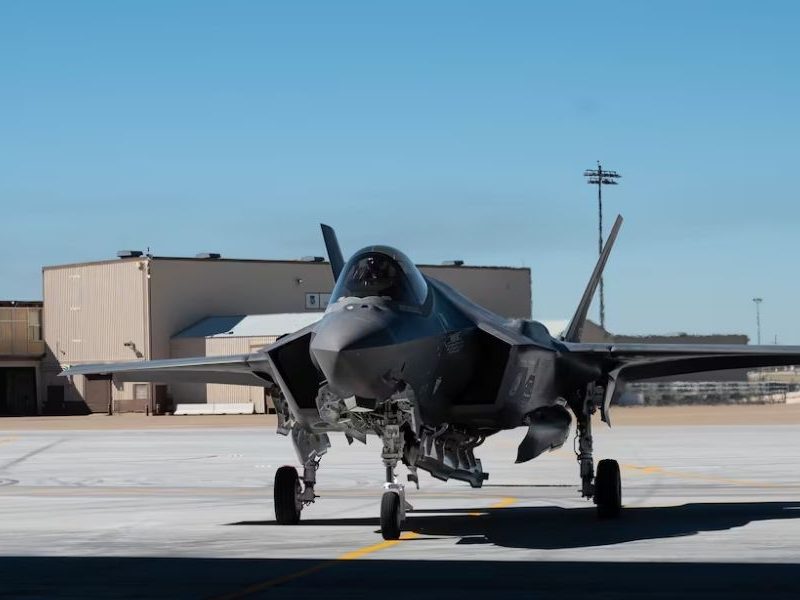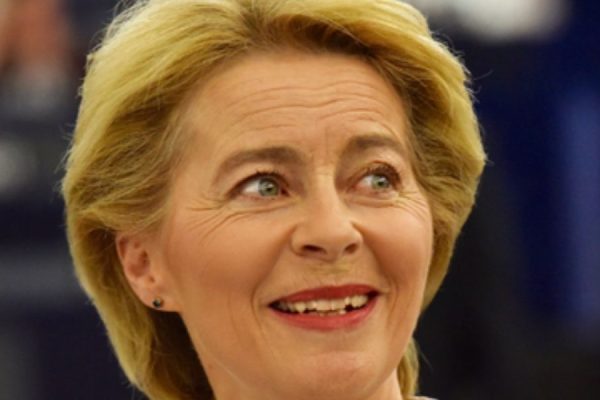Paris: French President Emmanuel Macron is rolling out the red carpet for former President Donald Trump this weekend, inviting him to the highly anticipated reopening of the Notre Dame Cathedral. This event, which comes five years after the cathedral was severely damaged by fire, marks a significant moment as Trump prepares to take office again, potentially as the 47th president.
Macron has a history of flattering Trump, having previously welcomed him with open arms during his presidency. Trump even felt inspired to request a military parade of his own after a lavish Bastille Day celebration hosted by Macron in 2017. Now, as Trump’s influence resurges, Macron’s invitation positions him at the center of a star-studded event that could be seen as a triumph for Trump’s return to the global stage.
While Trump is seizing the opportunity to reestablish his foreign policy stance, he is already making waves. He has threatened trade wars with Canada and Mexico, demonstrating his readiness to reassert dominance even before officially taking office. Additionally, he has issued stern warnings regarding the situation in the Middle East, particularly concerning Hamas.
In stark contrast, President Joe Biden’s administration is facing criticism, particularly following his controversial decision to pardon his son, Hunter. This move has drawn ire from both sides of the political spectrum, suggesting that Biden’s grip on power is weakening as he approaches the end of his term.
As Biden embarks on a diplomatic visit to Angola, highlighting U.S. commitments in Africa, Trump’s invitation to Paris underscores how foreign leaders are once again eager to engage with him. During his presidency, Trump often neglected African nations, focusing more on personal jabs than partnerships.
Trump’s visit raises concerns among global leaders, many of whom are apprehensive about his aggressive and unpredictable foreign policy approach. His penchant for favoring authoritarian leaders over traditional allies poses a dilemma for countries navigating their relationships with the U.S.
Macron’s invitation to Trump also highlights the ongoing competition among European leaders to be the preferred conduit for American diplomacy. Since the departure of former German Chancellor Angela Merkel, Macron has sought to elevate France’s influence in Europe. However, his own popularity has waned, making this invitation an interesting political gamble.
Despite the glitz and glamour of the Paris event, Macron’s invitation to Trump carries a certain irony. The rise of far-right political movements across Europe, including the popularity of Trump-friendly parties, presents a challenge to Macron’s leadership. As he navigates these domestic pressures, there are fears that both he and Biden may ultimately be succeeded by the very populist forces they oppose.
Reflecting on their previous rapport, the Macrons and the Trumps had moments of camaraderie during Trump’s first term, sharing meals and flattering one another publicly. However, their relationship soured due to Trump’s criticisms of Europe and his dismissive remarks about Macron’s initiatives.
As Trump prepares for his Paris trip, he has selected Charles Kushner as the new U.S. ambassador to France. This choice, while controversial due to Kushner’s criminal past, could be viewed as a strategic move, given his family ties to Trump. It may also facilitate a smoother reintegration of the Trump family into the elite circles they once frequented.
In conclusion, Macron’s invitation to Trump signals a shifting landscape in international relations as power dynamics evolve in the wake of Trump’s anticipated return. The juxtaposition of Macron’s efforts to court Trump against Biden’s struggles reflects the complexities of modern diplomacy and the continuing influence of populism in global politics.












